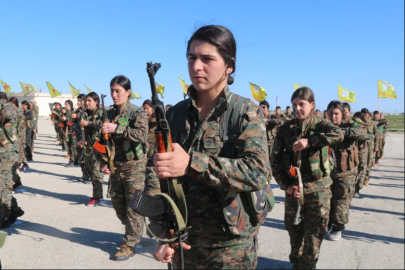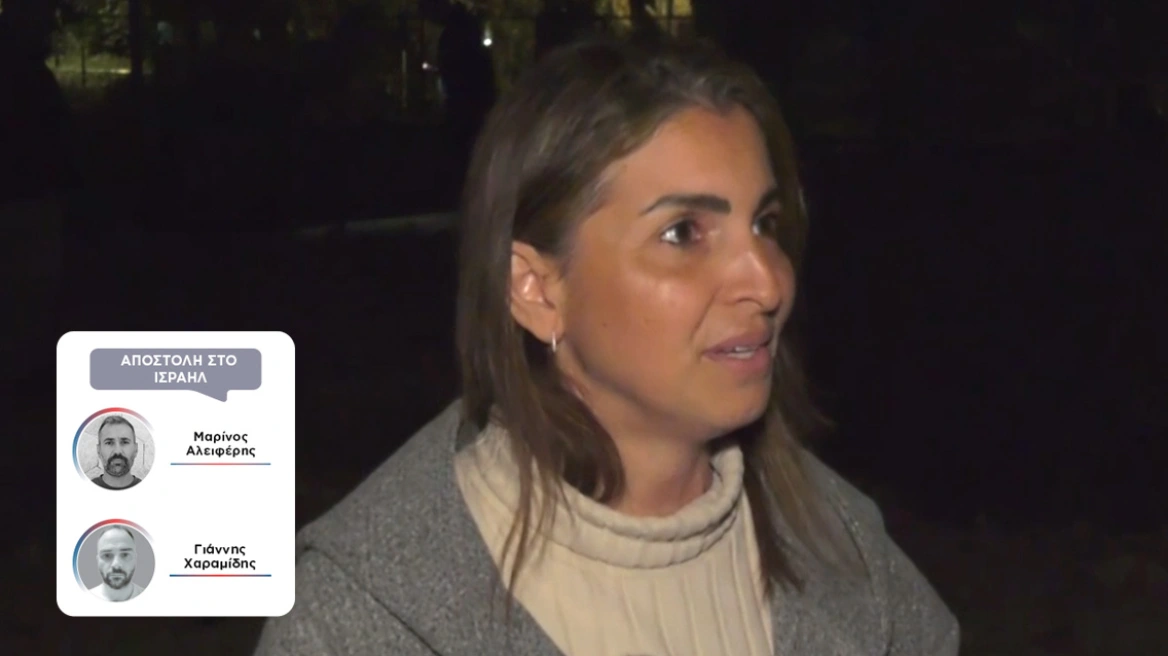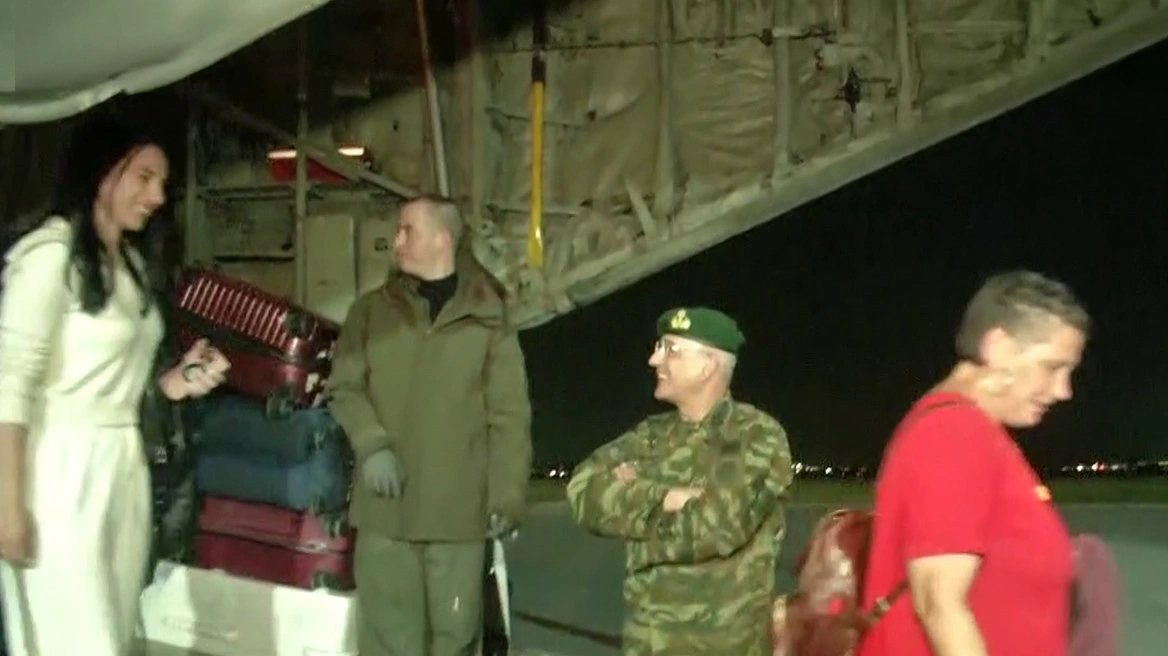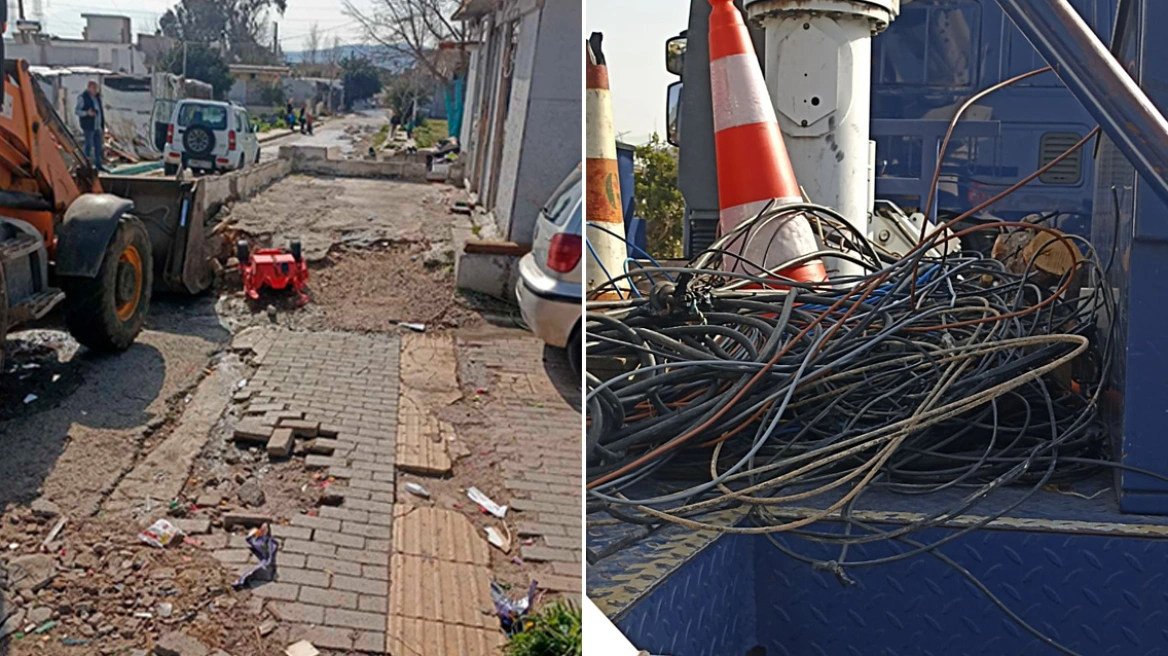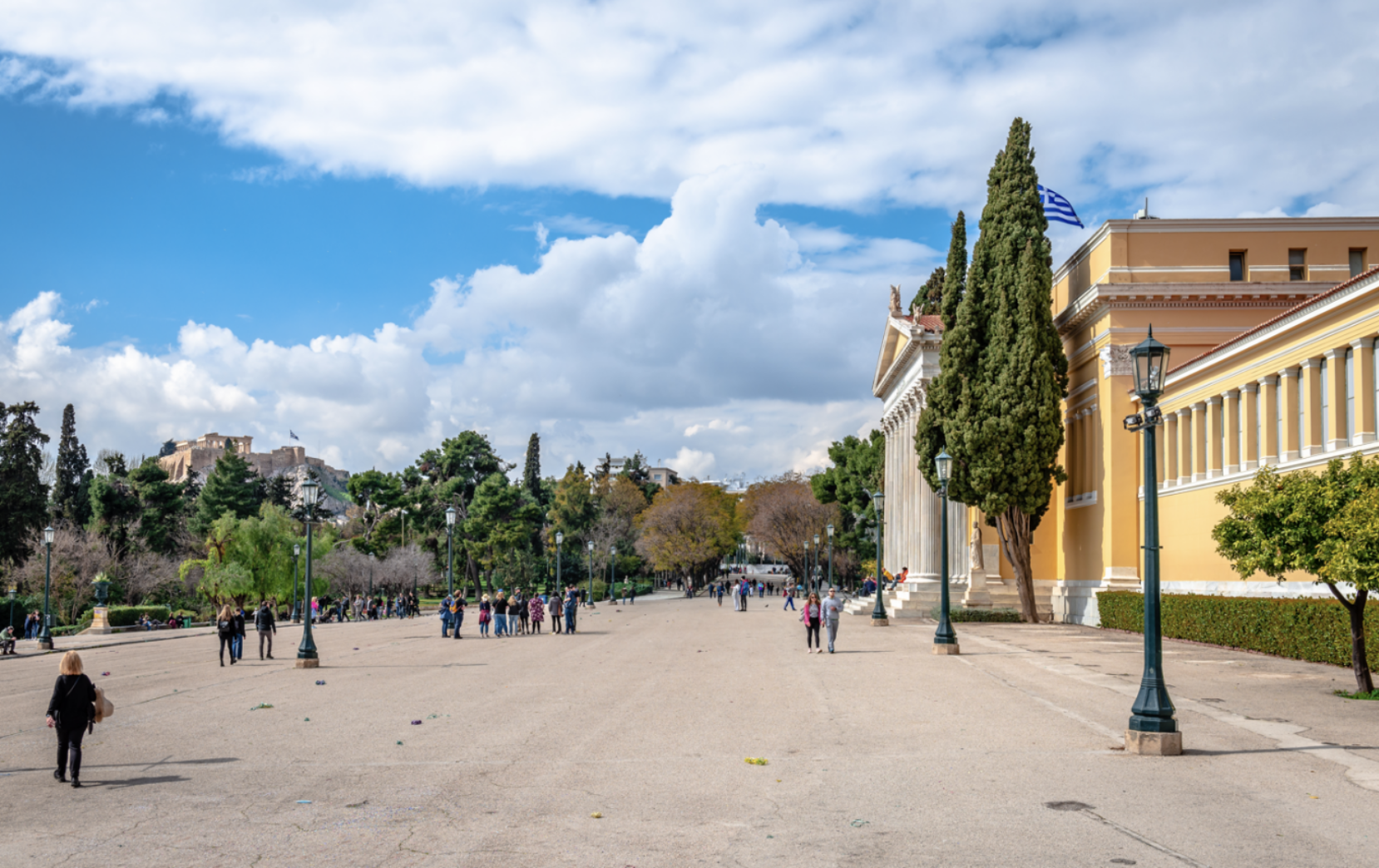Time magazine dedicated an article by Gayle Tzemach Lemmon to the women who fought back the Islamic terrorists of ISIS. Among them one figure stands out: Azeema.
When I first asked the American special operations soldiers who among the fighters they worked with I should meet in Syria, one of the first names that always arose was Azeema. She came from Qamishli, a town in northeastern Syria, and was known for her relentless willingness to lead from the front, her swashbuckling manner, her chain-smoking ways and her wry sense of humor. She was part of the Women’s Protection Units, the all-women’s force that faced off against ISIS on the ground each day, fighting the men of the Islamic State room-by-room and house-by-house, and she had started fighting ISIS in 2013 before the group was officially born. In Kobani, a town few outside Syria had heard of before the Islamic State’s stunning string of wins in 2014, Azeema came to lead women and men in the fight against the extremists of ISIS who wanted to impose their unique brand of terror on Kobani’s streets. She felt from the start that Kobani would never fall to ISIS, but for a few months in the fall of 2014, her prediction looked nearly impossible to believe. Even the Americans, who from the air supported this band of Syrian Kurds, worried openly that their air power would not be enough to stop the men of the Islamic State from adding Kobani to its list of victories. But Azeema never felt differently, even while she and her fellow fighters battled the men of ISIS each day.
The first time she fought house to house, Azeema took only one lesson from the experience: If they discover weakness in us, they will win.
That had become the truth of the battle for her. She could only think about her role in the fight in one way: The enemy in front of me, this man standing nine feet away, he has come to kill me. He massacred my people. It’s my job to kill him first. And that’s all there is.
“Haval Azeema,” the invisible voice spoke from her pocket again. “What is happening there? What is the situation?”
Azeema stopped her work boring a hole through the wall in the house they had just taken and squatted low to answer her commander.
“They have been rocketing us all day and their snipers killed one of our fighters when we crossed the street,” Azeema told Nowruz. “We hung the black curtain across the buildings to protect our position, but they know this tactic and they shot where they guessed we were and got lucky.”
What Azeema left out, Nowruz already knew. After the ISIS sniper killed Azeema’s fighter, a young woman who also was a friend, two other ISIS men ran out, grabbed her body, and dragged her toward their position. Then they took out their once‑glimmering knives, now turned brown by Kobani’s dust and rubble, and beheaded her corpse right there on the street for all their men to see. Azeema watched as her friend’s head with its brown hair rolled away from her body and her blood turned the ground beneath her from dull grey to deep red. In case Azeema or her teammates had any doubt about what fate awaited them if captured, ISIS erased it. Sometimes the Islamic State shared images of beheaded YPJ fighters on social media.
Azeema wanted revenge. The more friends and battlefield buddies ISIS shot dead or rocketed or beheaded, the more motivated she and her forces grew to shove these men out of their town and to hand them their first military defeat.
Sometimes in the middle of their offensives, while they shot their weapons at Azeema and her unit, ISIS fighters would shout “Allahu Akbar,” or “God is great.” Their cries would echo across the city’s streets and interrupt the rat‑tat‑rat‑tat sound of small‑arms fire. Azeema’s soldiers would shout back in Arabic, “Kobani is the greatest!”
World’s most powerful militaries (infographic)
Scientists successfully “wake” microbes that had remained dormant for 100 Million years
Read more: Time
Ask me anything
Explore related questions
